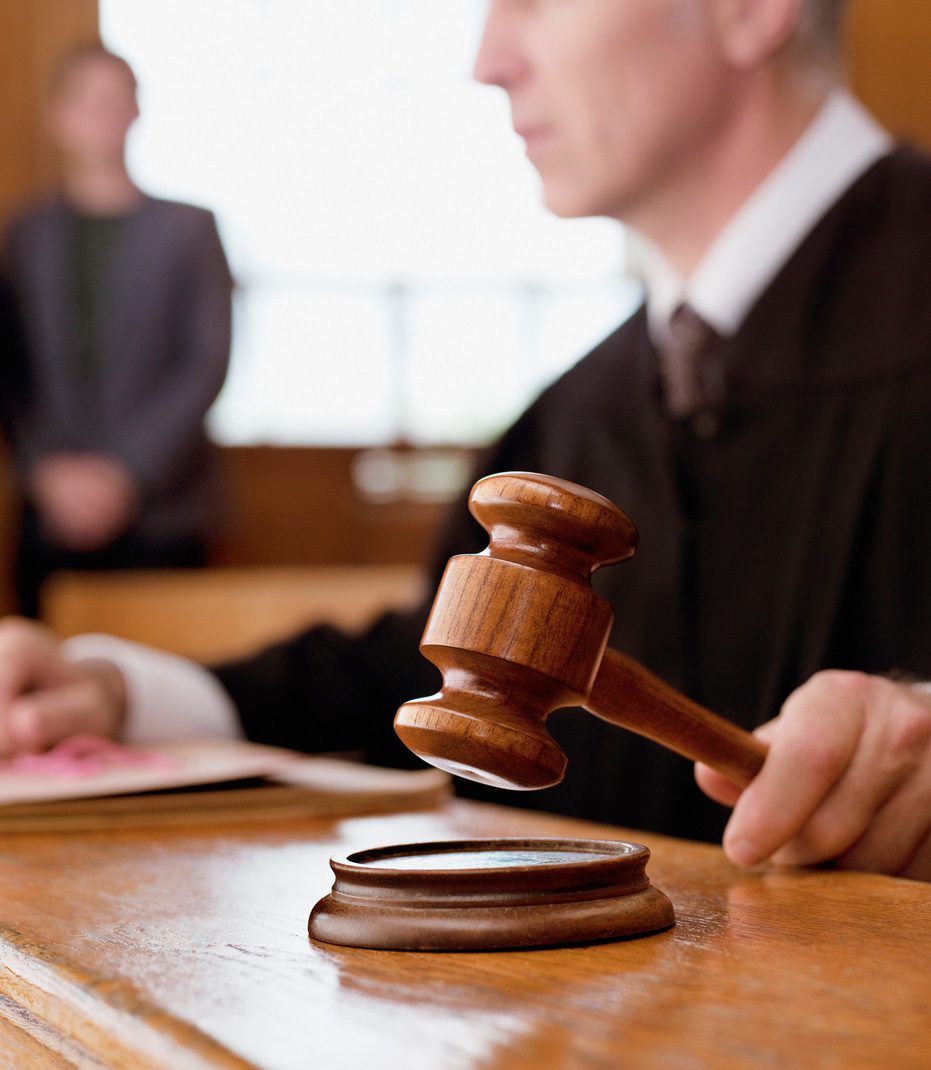
In the legal sphere of premises liability, the term “punitive damages” stands out as an essential and sometimes controversial element. Unlike compensatory damages, which aim to compensate the victim for their losses, punitive damages are intended to punish the defendant for particularly egregious conduct and to deter others from committing similar acts. In California premises liability cases, the awarding of punitive damages is guided by specific standards and considerations.
Understanding Punitive Damages
Punitive damages, also known as exemplary damages, are awarded in civil lawsuits when the defendant’s behavior is found to be especially harmful. While compensatory damages focus on reimbursing the plaintiff for their actual losses (like medical bills and lost wages), punitive damages are designed to serve as a punishment for the defendant and a deterrent to prevent such behavior in the future.
Criteria for Awarding Punitive Damages in California
- Malice: Conduct intended to cause injury or despicable conduct carried out with a willful and conscious disregard for the safety of others.
- Oppression: Despicable conduct subjecting a person to cruel and unjust hardship in conscious disregard of their rights.
- Fraud:m Intentional misrepresentation, deceit, or concealment of a material fact known to the defendant with the intention of depriving someone of their legal rights or causing injury.
In the context of premises liability, for punitive damages to be awarded, it would typically mean that the property owner or occupier didn’t merely neglect to fix a hazard, but their conduct was especially reprehensible or done with a complete disregard for the safety of visitors.
Punitive Damages in Premises Liability and Negligence Cases
In premises liability scenarios, the owner’s knowledge of a hazardous condition and failure to rectify it could be grounds for punitive damages, especially if there’s evidence that they were aware of the risk it posed to visitors and deliberately chose not to address it. If a property owner is aware, for instance, of repeated incidents or near-misses related to a particular hazard and still doesn’t take action, this could be seen as malice or oppression.
In premises liability scenarios, the owner’s knowledge of a hazardous condition and failure to rectify it could be grounds for punitive damages, especially if there’s evidence that they were aware of the risk it posed to visitors and deliberately chose not to address it. If a property owner is aware, for instance, of repeated incidents or near-misses related to a particular hazard and still doesn’t take action, this could be seen as malice or oppression.


However, it’s crucial to emphasize that the mere occurrence of an accident or injury on someone’s property does not automatically make them liable for punitive damages. The plaintiff must demonstrate that the property owner’s behavior was particularly egregious or malicious, which is a higher standard of proof than for regular negligence.
Receiving Compensation for Punitive Damages
In California, punitive damages in premises liability cases are not awarded lightly. They serve a dual purpose: to penalize exceptionally harmful behavior and deter others from similar conduct. While compensatory damages address the actual harm suffered, punitive damages focus on the defendant’s behavior, aiming to send a clear message that malicious, oppressive, or fraudulent actions will not be tolerated.
For victims in premises liability cases, understanding the nature and criteria for punitive damages is crucial. While these damages can significantly increase the compensation received, they require clear and convincing evidence of especially reprehensible conduct by the defendant. As such, individuals involved in these cases should seek expert legal counsel to navigate the complexities of punitive damages in California’s legal landscape.

